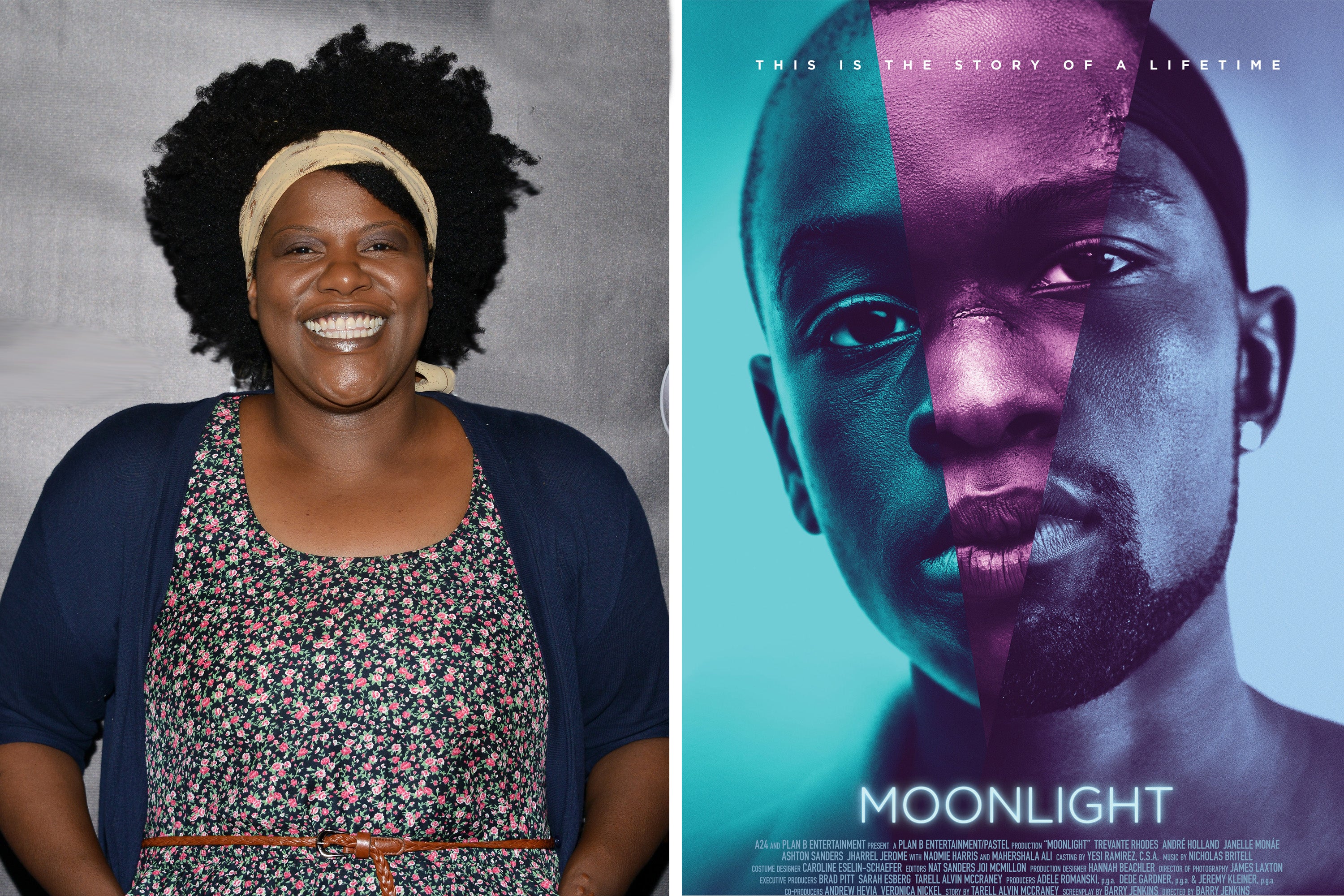
Joi McMillon was at Sundance when she got word that she’d been nominated for an Oscar.
“A film that I edited actually had its premiere. And, so, I was at Sundance. I was trying to not think about it, but my sister started texting me, then she eventually called me. I was like ‘I can’t look at it, you’re just going to have to tell me what’s happening.’”
Co-edited alongside Nat Sanders and directed by Barry Jenkins, Moonlight is one of the biggest films of the year and McMillon’s nomination is one for the record books. The editor is the first Black woman to be recognized by the Academy for her achievement in editing, it’s a historic nomination that won’t be soon forgotten. Following the Oscar nominations, ESSENCE talked to McMillon about her historic achievement, editing the year’s biggest film, and inspiring women who wish to work behind the camera.
It was about junior year of high school when McMillon knew she wanted to work in film, opting to attend Florida State where she met Jenkins and Sanders. College opened her eyes to a wide array a films, a marked difference to what she’d been accustomed to.
Subscribe to our daily newsletter for the latest in hair, beauty, style and celebrity news.
“I come from a very religious background, so the types of films that I was exposed to when I was younger was a lot of Disney movies and kid’s musicials. Film school definitely opened my eyes to a very different type of filmmaking.”
And Moonlight is definitely a different kind of film. It’s a coming-of-age story that follows an African-American boy through three chapters of his life as he struggles with his sexuality and coming to terms with who he is in a poor Miami neighborhood. It’s not a story that gets told in Hollywood.
McMillon edited the third chapter of the film, working with Jenkins and Sanders to bring it all together.
“Collaborating with Barry is so joyful and the thing that I love about working with him is that he challenged every person in each department,” she said, “He encourages you to do your best and when you’re working with him you want to do your best. With Barry and Nat there are just no egos in the editing room.”
The Oscar-nominated editor also shared a bit about the editing process, revealing which scene she wish had made it into the film.
“There’s one scene that had to go that was just a day in the life of Black and one of the corner boys. I liked the scene because it was just another layer to Black and how even though he’s this hard drug dealer he still cared about the people he employed.”
McMillon added that, like with most films, the scene had to be cut in order to focus on the story being told. “It’s just one of those things that as you’re really focusing on a film and really honing it in and fine tuning it, there will just be pieces of the puzzle that no longer fit.”
McMillon’s work on the film and her historic nomination is an inspiring moment for anyone, specifically, women and young girls interested in working behind the camera. She offers a bit of advice for those seeking to make their mark as an editor.
“Knowledge is power. I think if you want to get into editing you have to do your research and you have to look into the types of films that are engaging you,” she says, “And, a lot of the time editors are so personable. There aren’t a lot of people asking us about what we do, so if you have any editors that you’re really responding to or look up to, find a way to contact them or email them.”
Still, despite her achievement and the work she’s done, McMillon hasn’t quite gotten used to the buzz.
“It doesn’t seem real that I’ve been recognized for my editing. I feel like I’m still a student trying to learn from the masters.”
Moonlight is currently in theaters nationwide.